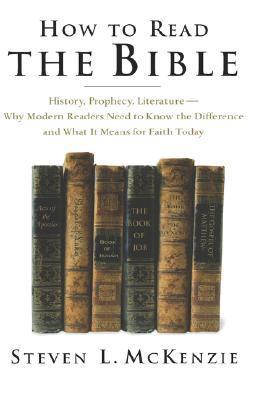What do you think?
Rate this book


224 pages, Hardcover
First published August 11, 2005
Genres are be definition situational; as I hope this book has made clear, they are situated within specific human cultures and institutions. This is not to deny the divine inspiration of the Bible. It is, rather, to affirm that whatever the origin of biblical literature-whether divine or human-recognition of its different genres is an essential part of the process of communication and is therefore crucial to understanding it. And that has been the goal of the exploration of genres in this book-to contribute to a better understanding of the Bible.